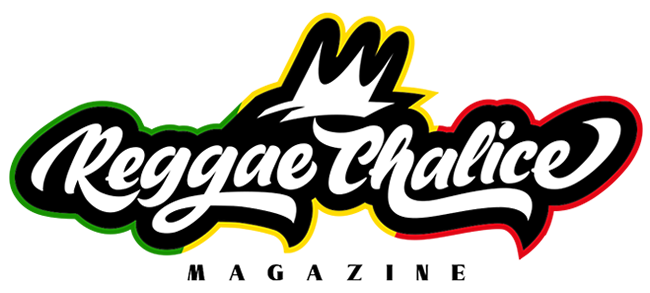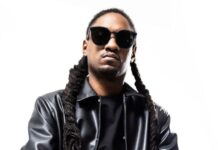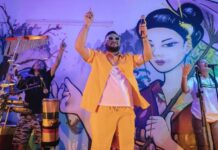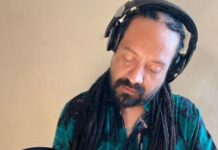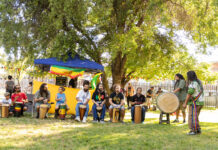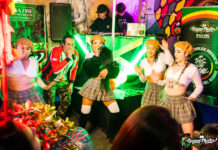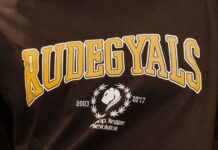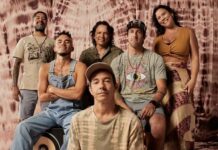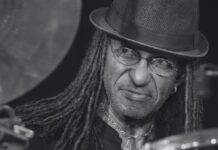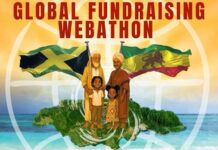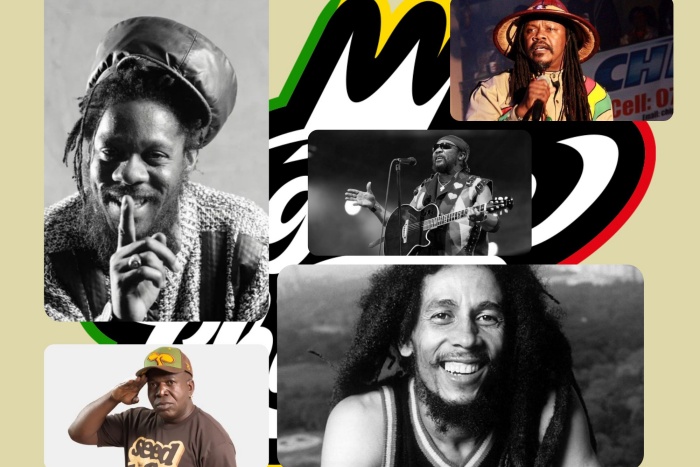A few weeks ago the magazine Rolling Stones unveiled its list of the 200 best singers of all time, a list that generated a lot of controversy for those who are there and mainly for those who are not present.
Beyond the controversies, the list also included some Jamaican reggae singers, where Dennis Brown was positioned with the best location, in the place 67.
According to the publication, “Dennis Brown was a child star—his first hit, ‘No Man Is an Island’ (No man is an island) of 1969, reached the age of nine—who matured into a local superstar. With a voice so hard, but velvety like chamois, He was one of Jamaica's softest men of love, not to mention a dose of homespun wisdom on the immortal success of 1981 ‘Sitting and Watching'”.
The review goes on to say that “Unfortunately, Brown died at 42 years, but nevertheless, throughout his career, his feeling was impeccable, none other than an authority like Bob Marley once declared Brown his favorite reggae singer”.
In the second place of the reggae subgroup is the reggae pioneer Toots Hibbert, located in position 94 from the general list, of whom Rolling Stones claims that “he possessed a rasping, ferocious voice that gave fire to the incarceration chronicle ’54-46 That’s My Number’ and added a slyly endearing nod to the chronicle of wedding jitters 'Sweet and Dandy'.
According to the publication, the toots leader & The Maytals added “notes of gospel and soul, helping him fulfill the promise he presented in the title track of his classic album of 1973 ‘Funky Kingston’: 'I want you to believe every word I say/ I want you to believe everything I do'.
in the post 98 of the count, third of reggae culture, the biggest superstar just appears, the best known and who was one of the main responsible for the universalization of this musical style native to Jamaica: Bob Marley.
“Bob Marley invented realistic language, but heraldic that reflected the struggles and aspirations of tens of millions of people around the world. Her voice was adorably jagged even on smooth tracks like ‘Could You Be Loved’, but his mastery of the dramatic octave jump that signifies our shared quest for a better tomorrow had few peers.”, says the aforementioned publication, which also features the Live at Liceum album version of “No Woman no Cry”, that was created “of nothing”.
In the place 119 from the list appears one of the precursors of dancehall, Barrington Levy, who to the 14 years ago he was already a star with a series of local hits and whose voice is described as “cutting, dominant and a sign that the next tune is about to be tremendous”.
“Then international hits like ‘Black Roses’ and the iconic 'Under My Sensi’, in the four decades that followed, the dancehall generation contemporary to Levy sold out, but somehow he managed to keep that 'horn’ yours strong as hell and very in tune”, add the review.
The last of this count is Luciano, in the post 143 of the publication, which indicates that when “appeared on the scene in the nineties, their songs like ‘Sweep Over My Soul’ Y ‘It’s Me Again Jah’ they immediately entered the reggae canon”.
“Luciano once sang that he had a 'trumpet voice'. In any case, that's an understatement; has a range that extends from a rich baritone to a strong falsetto. And he's a master of the lost art of harmonizing: Luciano would be one of the best vocal arrangers in New York or Los Angeles, If I wasn't so committed to the roots”, add the magazine.
Obviously, this type of list is based on the opinions of many people and does not have the character of “TRUE”, although in any case it has the support of the prestige of the magazine itself Rolling Stones, although as in any aspect that is of appreciation, in which there are no elements of total “objectivity”, defining who is better and why is highly variable. Even so, it continues to be a recognition for the aforementioned.
With everything, Do you think we missed mentioning other reggae artists on this list?? Who might appear on this list?? Can you make a list of the best reggae artists?
